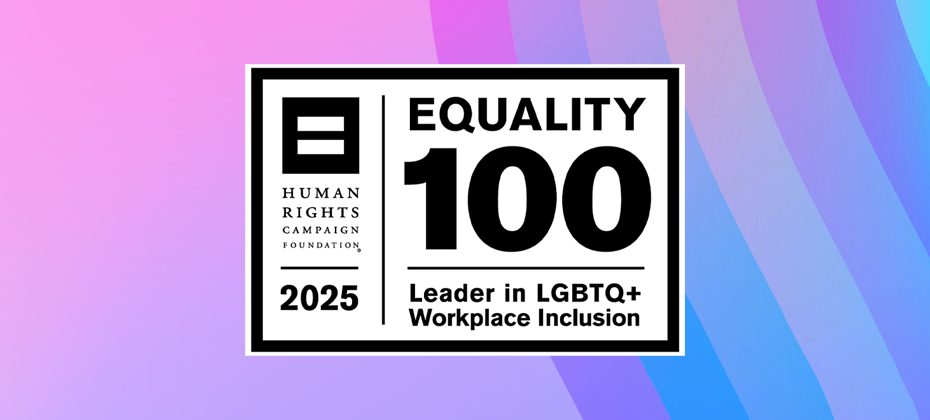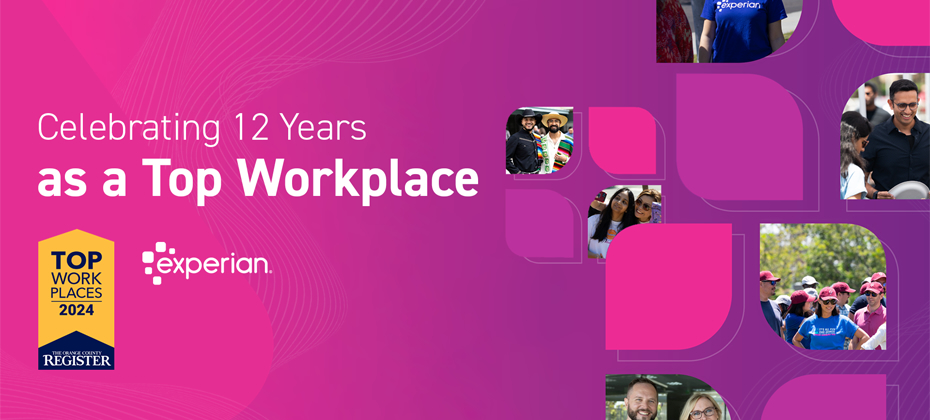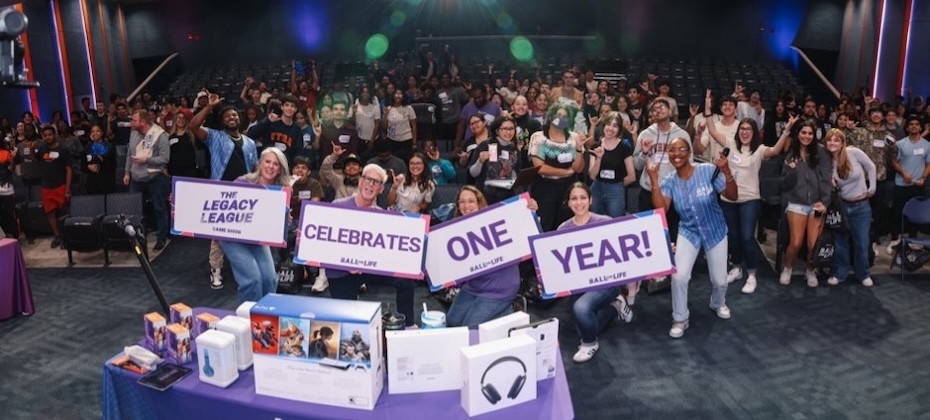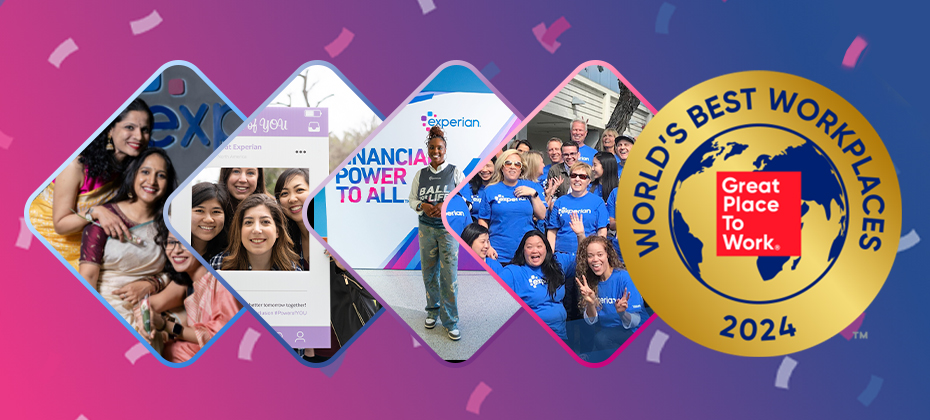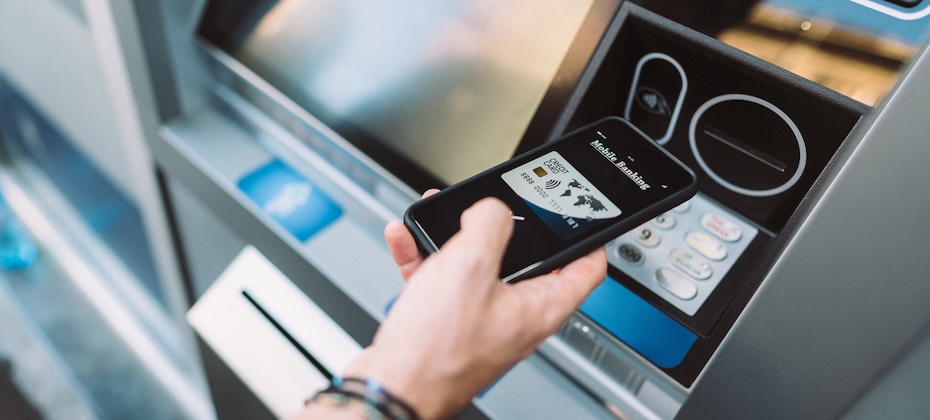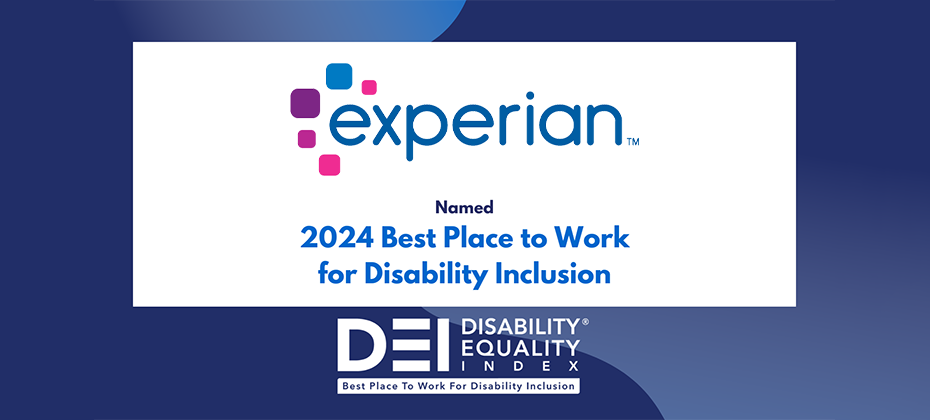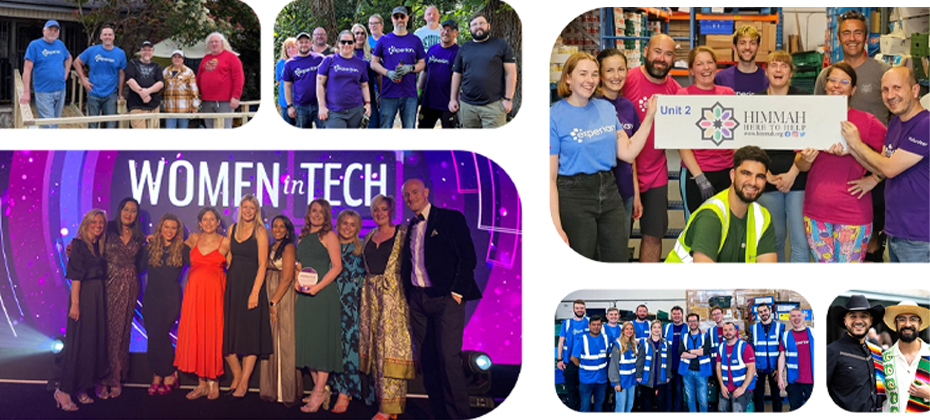At A Glance
At a Glance When an unknown printer took a galley of type and scrambled it to make a type 2ince the 1500s, when an unknown printer took a galley of type and scrambled it to make a type specimen book. It has survived not only five centuries, but also the leap into electronic typesetting, remaining essentially unchanged. It was popularised in the 1960s with the release ince the 1500s, when an unknown printer took a galley of type and scrambled it to make a type specimen book. It has survived not only five centuries, but also the leap into electronic typesetting, remaining essentially unchanged. It was popularised in the 1960s with the releaseince the 1500s, when an unknown printer took a galley of type and scrambled it to make a type specimen book. It has survived not only five centuries, but also the leap into electronic typesetting, remaining essentially unchanged. It was popularised in the 1960s with the releaseince the 1500s, when an unknown printer took a galley of type and scrambled it to make a type specimen book. It has survived not only five centuries, but also the leap into electronic typesetting, remaining essentially unchanged. It was popularised in the 1960s with the releaseince the 1500s, when an unknown printer took a galley of type and scrambled it to make a type specimen book. It has survived not only five centuries, but also the leap into electronic typesetting, remaining essentially unchanged. It was popularised in the 1960s with the release

2020 has been a year that has significantly impacted us all and the shockwaves are likely to challenge us for some time to come. One of the big disappointments for the data and tech industry is the postponement or cancellation of a number of major events – including the likes of Women in Data, which Experian was a proud Gold sponsor in 2019. Although we are not able to celebrate the Women in Data flagship event in person this year, we are thrilled to be an official partner of the very first WiD Week. This is a fantastic opportunity that will allow us to virtually gather together, support each other, and learn while in a safe online environment, driven by content that the Women in Data community needs right now. We are particularly excited to be hosting a session on Tuesday 24 November, which will focus on our support of Girls in Data. In this session, Experian’s Emily Capewell and Louise Maynard-Atem will be providing some thoughts on their involvement with the recent data challenge we hosted during the last lockdown. The data challenge was designed to help inspire young girls and boys to pursue a career in STEM. Louise will also be speaking on Thursday about her experience of 2020 and how we can action change as we head into 2021. This will be one of six short stories to mark Women in Data’s sixth birthday. We are extremely excited to be involved with WiD Week and while it will be slightly different this year, we hope our involvement can help empower and encourage more women into the data industry, supporting the next generation of data scientists who can help shape the future. You can find out more about WiD Week here.

For the past several years, Experian has been on a journey to help drive financial inclusion for millions of people around the world. This has required significant focus on how we operate, who we partner with, and the products and solutions we offer. Four years ago, when we decided to partner with and invest in Finicity, a leading financial data aggregator based in Salt Lake City, we did so on our strong belief in consumer-permissioned data and our shared vision with their leadership team. At the time, we knew Finicity’s commitment to empower consumers and drive the digital revolution fit perfectly with our priorities. Over the years, this has proven to be true time and time again as we’ve leveraged Finicity’s technology capabilities to create enormous opportunity for our clients and improve financial access for consumers. One example is our partnership on Experian Boost. With the support of Finicity’s infrastructure, more than 4.9 million consumers have connected to Experian Boost to contribute their on-time payments for their telecommunications, utility, streaming service and cell phones directly to their Experian credit reports. Through Experian Boost, and access to real-time consumer-permissioned data, we are increasing financial inclusion by helping lenders identify more consumers who can pay responsibly. In an equally powerful testament to the power of consumer-permissioned data, our partnership with Finicity is helping streamline the homebuying experience for consumers and lenders. As a distribution partner of Finicity’s Verification Solutions, we are delivering Verification of Assets (VOA), Verification of Income (VOI) and Verification of Income and Employment (VOIE) to the mortgage market. This innovative digitization of data and analytics is streamlining experiences for borrowers and is a critically important step in modernizing the mortgage process. Additionally, we have clients successfully utilizing Finicity’s Verification Solutions in automotive underwriting, personal lending, tenant screening and other sectors. Earlier this week, Mastercard closed its acquisition of Finicity. This move, along with the overall trajectory of market demand, is testament to the fact that we clearly invested in the right capability, the right team and the right vision at the right time. But our journey together isn’t over, it has just been reinforced and will continue with Finicity even under new ownership. Our commitment to working with Finicity does not change with this news, it is only enhanced. Our drive to accelerate digital lending, empower consumers and drive more consumer-permissioned data solutions is higher than ever. We will continue to partner with Finicity, now part of the Mastercard family, as a central component of our strategy. We look forward to a continued strong relationship with this new, combined entity as we continue to bring innovative solutions for consumers and businesses to the table.

Tens of millions of workers in the U.S. found themselves unemployed earlier this year, as the COVID-19 pandemic caused job loss rates not seen since the Great Depression. While average Americans were reaching out to their state agencies seeking assistance, fraudsters saw unprecedented opportunity. It may be difficult to imagine why someone would take advantage of a system striving to help those in need, but cybercriminals often thrive in times of crisis. At Experian, we took notice as we began to hear from states about a significant uptick in fraudsters wrongfully claiming benefits. When it comes to innovation, we strive to be agile and nimble so we can adapt to the changing needs of consumers and businesses. As a result of COVID-19, one of those emerging needs is to join the fight against unemployment insurance fraud. That’s why Experian has partnered with the Unemployment Insurance (UI) Integrity Center to help mitigate unemployment insurance fraud. Together, we will provide state agencies with a centralized platform to verify identities that are applying for unemployment insurance. The new partnership will combine Experian’s Precise ID® solution, which integrates identity analytics with advanced fraud risk models to distinguish various types of fraud, with the UI Center’s Identity Verification (IDV) capability. In short, when state agencies submit claims, the IDV solution will return ID theft scoring and associated cause codes, enabling them to assess whether a claim may be fraudulent. This can be easily implemented by any state UI agency through the Center’s Integrity Data Hub. While mitigating fraud is top of mind, security is a top priority as well. The platform was designed and built using the latest National Institute of Standards and Technology IT security standards to ensure the security of sensitive data. With the number of unemployment claims remaining high, it’s clear that state agencies must maximize their time and resources. Fortunately, the solution powered by Experian’s Precise ID will be available to state agencies at no cost through UI Integrity Center, operated by the National Association of State Workforce Agencies (NASWA) in partnership with and funded by the U.S. Department of Labor. This is one of many steps we’re taking at Experian to combat fraud, and we will continue to innovate and adapt on the road to recovery ahead of us. As we move forward together, Experian is committed to leveraging innovation and technology to protect consumers and help businesses meet the challenges of 2020 and beyond.

We know small businesses are critical to the vibrancy of our economy and communities. Watching how hard the COVID-19 pandemic has affected them and their founders has been troubling. Here at Experian, we created new tools to help small businesses navigate this uncertain time. But we want to do more, and help businesses survive and thrive even in “normal” times. That’s why I’m especially excited about our newest partnership with Black Girl Ventures (BGV). This is part of our United for Financial Health program, which aims to empower vulnerable consumers to improve their financial health and protect them from fraud and identity theft. Through this partnership,we will provide resources, tools and services to Black and Brown women entrepreneurs to enable them and their small businesses to grow and prosper. We know that long-standing inequities have created barriers for women, especially women of color. Our partnership will provide financial resources to help scale its BGV Style Pitch Competition and Amplify BGV Programs and we are a proud sponsor of BGV’s new weekly podcast, “From Hustling to Handling, How to Stay in Business.” Together, we will curate entrepreneurial education content to assist a broader audience with knowledge and best practices related to financial literacy and wealth management. The negative financial impact on these women and their businesses has had a reverberating effect across communities of color. Our United for Financial Health program is one of the many ways we are staying true to our mission to support all consumers and clients through their financial health journey, in normal and extraordinary times. This partnership with BGV will fuel the economic recovery by reaching millions of Black and Brown women entrepreneurs and, in turn, supporting the communities they serve.

As businesses across the globe have started to see their operations stabilize, they will be tested once again as the world faces another resurgence of the Covid-19 but this time consumer expectations will be much higher. According to the latest Experian’s Global Insights Report, 60% of consumers have higher expectations of their digital experience than before Covid-19. The study which surveyed 3,000 consumers and 900 businesses in 10 countries, including: Australia, Brazil, France, Germany, India, Japan, Singapore, Spain, the United Kingdom and the United States, found that while many consumers may have stayed loyal to businesses they frequented before COVID-19 initially, that may no longer be the case. High expectations for security and convenience compounded by the increased demand for online payments, banking and shopping are pushing businesses to re-imagine the customer journey and the investments needed to drive future growth. In fact, the study found that one in three consumers are only willing to wait 30 seconds or less before abandoning an online transaction, specifically when accessing their financial accounts. This means that businesses have an increasingly short time frame to prove the experience will be safe and convenient. Businesses have no choice but to invest in their digital presence and experience. We believe the cost of doing nothing will be greater than what it will cost to invest in the customer journey. While half of the businesses we surveyed have either mostly or completely resumed operations since Covid-19 began, only 24% are deliberately making changes to their digital customer journey. This is not enough. The integration of data, analytics and technology is the key to enable businesses to quickly adapt decisioning strategies to minimize risk, preserve valuable relationship and remain fair and compliant. In order to strengthen digital transformation, Experian recommends that retail banks, payment providers and retailers consider the following: Understanding the customer Businesses need to understand their customers more than ever before. They need to understand their behaviors, preferences, and financial situation. Each transaction creates hundreds of different touchpoints that financial institutions and retailers need to accommodate across all devices. The tricky part is using the right technology to put all the datapoints together and to link them into one single-view of the customer. Use of AI to improve and automate customer decisions Being able to make the right decision is more important than ever. Today’s economic conditions are unprecedented, and unfortunately we don’t have historic data to count on. Therefore, we need to use data and technology better than before. In the area of artificial intelligence, businesses are strengthening the security of mobile and digital channels, new credit risk analytics and artificial intelligence (AI) models and increasing digital customer acquisition and engagement. Strengthening security of mobile and digital channels Businesses need to provide not only a convenient experience but also a secure one. In order to improve security, businesses need to use a multi-level approach where they can easily access and layer fraud solutions to catch more fraud and reduce friction for genuine consumers. Discover more insights from our longitudinal study of the impact of Covid-19 on businesses and consumers.

I was recently invited to a panel discussion as a part of Money 20/20 titled Do Credit Scores Still Matter? Closing the Chasm through Data and Innovation with Lauryn Nwankpa, Head of Social Impact at Dave and Jay Moon, General Manager of Credit at Credit Sesame. We discussed how important data and innovation are right now to ensure that consumers get access to credit that they need. As the largest credit bureau in the country, and in service of our mission to be the consumers’ bureau, we at Experian have a responsibility both to consumers seeking credit and to lenders who seek to assess the risk that a loan applicant represents. As part of this, we’ll continue to extract value from the data that lenders are used to getting from us and we innovate by providing new forms of data that can help the many Americans who either face barriers or sometimes pay more for credit because of a lack of credit history or having a credit file that’s too thin. I’m especially passionate about this as I myself was an immigrant and a thin-file customer at one point. When I came to this country, it was incredibly hard for me to develop a credit profile that I felt accurately reflected my financial situation and the (lack of) risk that I, as a borrower, would represent. But I was lucky as my first lender at the time was patient, just as I needed to be. They spent months seeking additional information about my situation, eventually enough to extend a firm offer of credit. It is not only immigrants who may face this or similar challenges. The impact of COVID-19 has created a difficult economic reality for many Americans. At Experian, we’re dedicated to having a culture of continuous innovation, from the way we work to the solutions we create to help consumers on the road to recovery. Especially during times of economic uncertainty, finding innovative means to effectively assess the creditworthiness of these consumers is critical. That’s exactly what we focus on at Experian in order to help consumers gain financial access and stability. Alternative data plays a critical role in achieving this. We’re finding new ways to use consumer-permissioned and alternative credit data in the credit scoring process, which can help lenders identify consumers who are excluded from the traditional credit ecosystem, but who can fulfill their financial obligations. I’ve seen firsthand how our data and technology can help transform the way businesses operate and have spoken to many consumers who leveraged our innovative services to help them thrive in society. Consumers want to be in the driver’s seat of their credit journey and we’re seeing a greater openness to providing data, which in turn enables lenders to make more informed decisions. This change is disrupting the status quo. Experian Boost is a great example of this. It’s a free and first-of-its-kind financial tool that empowers consumers to add positive telecom, utility and Netflix payment histories directly into their Experian credit file for an opportunity to instantly increase their FICO Score and access quality credit. More than 2.5 million have seen their scores improve with Experian Boost. So, do credit scores still matter? My answer is that credit reports are more relevant than ever. They matter more than the score alone as they detail a consumer’s financial track record and deliver a historical view of how a consumer is managing and repaying debt over time. This information helps lenders determine who can fulfill their financial obligations and ensures consumers continue to have access to credit so I don’t believe credit reports are going anywhere. As we navigate the road to recovery, it will be critical that all of us in the financial ecosystem work together to safeguard consumers and to maintain the integrity and openness of the credit market. The credit report, augmented by consumer-consented and alternative data, is a foundational pillar to achieve both of those objectives.

People’s engagement with financial information and their understanding of how organisations use it to make decisions about the products and services they can access has been growing for many years. Experian has played a role in this journey. We were the first to allow people to view their credit report at any time and see their Experian Credit Score with the launch of CreditExpert in September 2003. It has allowed people to view their own information through a lender’s eyes, so they can understand how to improve their situation. We’re excited to announce the next huge leap forward – the launch of Experian Boost in the UK. Now for the very first time, people can instantly increase their credit score to help them access more financial products and services at better rates. Experian Boost is a free service which allows people to use a secure Open Banking platform to share their everyday transactions – from council tax to digital entertainment subscriptions, such as Netflix and Spotify. These payments have never been factored into a credit score before, so adding them should broaden access to financial services. Our analysis shows that more than 50% of people will see their credit score increase from using Experian Boost. But, crucially, the service will not make people’s score go down when they sign up to Boost. People are also in total control of their data. If they wish, they can withdraw their information with a few clicks, and they are still free to re-join at any time. But by keeping Boost activated on their Experian account they can build a stronger payment history which could help them get their credit card, loan or mortgage they want. We’re confident this is going to be a significant moment in how people represent their financial profile to organisations. Five million people have signed up for Boost in the US since it launched last year, with three million of those seeing their score increase. At Experian, we strive to put people in control of their financial data and the launch of Boost is entirely in line with this goal. Now it’s over to you – give your credit score a Boost.

October marked Black History Month (UK) – a celebration of the culture, heritage and achievements of Black people past and present. Although we weren’t able to celebrate in person this year, our Black at Experian employee network were still able to serve up an incredible range of inspiring webinars, videos, articles and podcasts covering topics discussing Black British culture, ways to discuss race and racism with our children, as well as the importance of being an ally. This exciting schedule of activities has been the perfect opportunity to learn more and many of us were personally touched by the stories of our Black colleagues who have openly and courageously shared their thoughts and experiences with us all. But as Black History Month comes to an end for another year, it’s essential that our support doesn’t stop here. As an organisation, we are committed to promoting equality and diversity for all. And our Black at Experian network has already been instrumental in helping us understand how we can improve in some of these areas. Part of this includes signing the Business in the Community (BITC) ‘Race at Work Charter’. By working alongside BITC, as well as our other employee networks, it's helping us create initiatives that will continue to drive positive change and inclusion for all. We are committed more than ever to leverage our differences as individuals and use this broad range of talents to develop our competitive advantage as a business. We’ve made good progress in a short space of time, but this is just the beginning. We are looking forward to continuing this important journey in building a workplace that embraces a more diverse and inclusive culture.

02 November 2020 is a day we’re really proud of at Experian – our Danish Credit Bureau turns 150 years old! As we prepared to celebrate this milestone with our people, our customers and all our wider stakeholders, we delved into our archives. We found extraordinary pieces of our history that still resonate with us, with how we do business, today. On this historic day, it’s my pleasure to share some of these here. In 1783, a Danish merchant wrote a polite request to a potential customer who was asking for credit to provide information about their circumstances rather than their “Happiness and Piousness”. It’s the earliest example we have of a credit check. Businesses still need that information today, and it’s a demand Experian helps meet globally every day. Købmandstandens Oplysningsbureau, or KOB, is a name that still appears on Experian products. Evidence of not only offering data and information services that meet businesses and consumers’ needs, but being a trusted provider of accurate data and information. We continue to publish a quarterly analysis of start-ups across industries in the Nordics, which started when we first printed a solvency book in 1930. In 1928, KOB had a woman on its Board of Directors. Mrs M C Gazette served alongside three men, and during her tenure created the Gazette Fund, a hardship fund to which employees could apply in times of need. The fund ran until 2016, when it moved to a different structure for fiscal reasons. In 1938, the German Information Agencies demanded the names of Danish businessmen of Jewish descent be given to them. We uncovered a news article from 1945 showing our Chairman rejected this demand, safeguarding the trust those consumers placed in our business, and morally doing the right thing. Both actions by former Board members exemplify principles we continue to hold dear at Experian today. Operating in the Experian way, we safeguard the information we hold, we embrace diversity, are inclusive, and strive to ensure all our people feel free to bring their whole and unique self to work at our Company, contributing to our high performance culture. What is clear from these examples and others in this celebratory digital storybook published today, is data has been at the heart of all we do for 150 years, and it will continue to be in future. From the early days, when we helped Danish businesses assess creditworthiness of their customers, through to today, we’re still empowering businesses and consumers to manage their data with confidence. We’re grateful for the many years our customers have trusted us to provide them with data and insights that help their businesses to thrive. We’re proud of our employees in the past, and those we have with us today. As a team, we work daily to value each other, safeguard our future and delight our customers. It has been an exciting journey, and we have only just begun. We are investing in the future, through new technology, talented people and innovative solutions that power opportunities that create a better tomorrow for our employees, our customers, consumers and the communities in which we operate. We’re celebrating today, and we’re excited about the opportunities ahead of us too.

If you’re anything like me, you’re likely spending much more time online these days. From online shopping to grocery and food delivery and thumbing through our social media feeds – the COVID-19 pandemic has many of us spending more time in our homes and “plugged in” than ever before. The COVID-19 pandemic has also contributed to an increase in fraud activity. According to the FTC from January to early October 2020, consumers have reported losing a total of more than $156 million to COVID-19-related fraud. At Experian, we are committed to protecting consumer financial health during the pandemic and beyond. Educating consumers about how to protect their personal information online is key to supporting this effort. As we prepare to enter the holiday season in our virtual world and in honor of National Cybersecurity Awareness Month, I’d like to share a few ways you can protect your financial health online: Shop Safely Online As I mentioned, the amount of shopping you do online has likely increased significantly since the start of the COVID-19 pandemic. This is a trend that’s expected to continue. In fact, according to a recent report from Experian, as many as half of consumers globally expect their spending online to increase in the next 12 months. Practicing safe online shopping habits is always important. This is especially true now. While you may not be spending as much time in airports or your local coffee shops, it is a good practice to avoiding using your financial information to make purchases online if you are on a public WiFi network. Without a password protected network, you have a higher risk of fraudsters gaining access to your banking information which could significantly damage your financial health. Using a virtual private network or a VPN can be an added layer of protection when you are entering your financial information online. Using a credit card to make your online purchases is also a useful way to protect yourself against losses tied to fraudulent charges. According to the federal Fair Credit Billing Act if your credit card — the physical card — is stolen and used to make fraudulent purchases, your issuer can hold you responsible for up to $50 in fraudulent charges. However, if you report the card stolen before any fraudulent charges are made, you have no liability. If your card number is stolen but you’re still in possession of the card, you’re not responsible for any fraudulent charges. Avoid Falling for Phishing Emails Phishing is an attempt to obtain sensitive information for criminal and fraudulent purposes through email. Against the backdrop of the pandemic, there have been increased reports of phishing attempts around COVID-19 testing, vaccines, treatments and cures. Keep in mind that generally if something sounds too good to be true, it likely is. To prevent damage to your identity or your financial health avoid opening any suspected phishing emails and never click on included links. While phishing emails are getting more sophisticated, there are a few clues that can help you identify one in your inbox. If you receive a suspicious looking email, look at the sender name or email address. Phishing emails tend to have suspicious email addresses that are often different than the name of the sender (it could be anything from a slight misspelling of the senders name to an email address that is completely different). It’s also common for phishing emails to use urgent language and include unusual attachments or links. While reputable organizations may sometimes ask for personal information over email, pay close attention to the details of the email before sharing any of your information. It may be a better idea to call the requesting organization and find out if there is a more secure way to do whatever it is they may be requesting. Always think twice before clicking any links. When in doubt, type the organization’s name into an internet search and visit the site directly. Protect Your Passwords This is a basic point, but one that is commonly overlooked. Using complex passwords can be your first line of defense against potential cyber threats. I know it can be challenging but avoid using the same password for multiple online accounts. When you’re creating unique passwords, it’s best to include a minimum of eight characters with a variety of letters, numbers and symbols. Keeping track of your passwords for your online bank accounts, email, social media, shopping apps and online medical portals can be a lot to manage. A password manager subscription can be a convenient and secure way to manage your passwords. They are affordable and more secure than writing down all your passwords or using the same password for multiple accounts. Avoid Over Sharing on Social Media Oversharing on social can lead to unwanted implications. For example, fraudsters and criminals can learn a lot about you from the data included in the photos you share online, including where you are and when you are there. Avoid photos of items that can be used to determine more information about you such as your license plate or the front of your home. Keep in mind, that while it may be tempting to share photos of your family vacations on your social networks, this may also tell unwanted visitors that you are not home. Use tools to Combat Fraudsters Checking your credit report regularly can help you stay informed about potentially fraudulent activity. In an effort to encourage consumers to monitor and understand the information in their credit reports, Experian joined forces with the other U.S. credit reporting agencies, to offer free weekly credit reports to all Americans through April 2021 via www.annualcredreport.com. Credit monitoring services can help you spot potential fraud early. Experian offers free and paid services that provide daily credit monitoring alerts for things like new inquiries and accounts opened in your name, changes to your personal information and suspicious activity detected on your Experian credit report. You can find more National Cybersecurity Awareness Month resources to protect yourself online here.

As the nation’s leading Credit Bureau, we have two primary goals. On one hand, we want to provide lenders the data necessary to assess the risk that a loan applicant represents. On the other hand, we want to help consumers build credit and improve access to credit. This bifurcated set of objectives is the inspiration behind our annual State of Credit report. Each year, this report provides a view into how consumers are managing credit, including their debt levels, on-time payments and utilizations rates. Now in its 11th year, our latest report shows promising signs in terms of how consumers are managing their debts against the backdrop of the COVID-19 pandemic. While there is no question the global pandemic has created many financial challenges for consumers, this report shows something I’ve always believed: many American consumers are resilient, they make smart decisions in light of a difficult environment and they adjust their financial habits. Specific evidence for that assertion can be found as we compare 2019, the year prior to the pandemic and 2020, the year marked by the impacts of the pandemic. Year-over-year, consumers lowered their credit card balances, decreased their utilization rates and reduced delinquency rates on the recurring monthly payments they need to make to service their debt. These factors attributed to an average credit score of 688 — a six-point increase from the same period in 2019. You can view additional findings from this year’s report here. The Value Credit Data in America When determining whether to extend an offer of credit to a consumer, lenders can gain excellent insight into a consumer’s risk profile from the information included in a consumer’s credit profile. It details a consumer’s financial track record and delivers a historical view of how a consumer is managing and repaying debt over time. This information helps lenders determine who can fulfill their financial obligations and ensures consumers continue to have access to credit. Recently, there are reports of using alternative means to assess consumer creditworthiness such as cash-flow data. While Experian is a recognized leader and advocate for the use of alternative data, the use of cash flow data alone can be risky. For example, consumer’s savings have also increased since the start of the pandemic. If a consumer is responsibly and regularly investing in some form of savings, this would narrow their cash flow, which may be misleading and constrain financial access. Looking at a consumer’s credit utilization rate, payment histories and credit balances through traditional credit data remains the primary means to effectively assess lending risk for most American consumers. When necessary, layering traditional credit data with alternative credit data can provide lenders with a more detailed view of a borrower’s stability, ability and willingness to repay. For example, innovations like Experian Boost empower consumers to contribute on time payment histories for additional monthly recurring financial obligations, such as their cable, utilities, mobile phone or Netflix service, directly to their Experian credit report. These payment histories can demonstrate to lenders how reliably consumers are servicing these payments. Incorporating this information has been proven to increase the predictiveness of a consumer’s credit reputation and can complement the data derived from their lending history. Of course, not every American consumer is in a position to adjust their financial habits and make the commensurate smart decisions. Some have had the rug pulled out from underneath them. The CARES Act stimulus was effective in increasing the number of consumers who could maintain their financial health, but still some need more help as we embark on the road to economic recovery from the COVID-19 pandemic. At Experian, we feel that educating consumers about the information included in their credit report and ways they can improve their credit histories will be another factor in getting the economy as a whole humming again and helping those most in need. We pride ourselves to be “The Consumers’ Bureau” and, as such, education will continue to be a primary focus for us. In an effort to encourage consumers to regularly monitor and understand the information in their credit reports, Experian joined forces with the other U.S. credit reporting agencies to offer free weekly credit reports to all Americans through April 2021 via www.annualcreditreport.com. Experian also offers consumers free access to their credit report and ongoing credit monitoring at Experian.com. For additional ways to maintain a healthy credit profile, I encourage you to: Join Experian’s #creditchat hosted by @Experian on Twitter with financial experts every Wednesday at 3 p.m. Eastern time. Visit the Ask Experian blog for answers to common questions, advice and education about credit. Add positive telecom and utility payments to your Experian credit report for an opportunity to improve your credit scores by visiting experian.com/boost[1] For additional resources, visit https://www.experian.com/consumereducation or experian.com/coronavirus. [1] Results may vary. See Experian.com for details

There are many responsibilities I carry as CEO of Experian North America. All of them critical in terms of client relationships, product offerings, innovation, culture, our people and our purpose. A part of my work that I'm extremely passionate about is how we make a difference to consumers and their financial health. As leading data and technology company – and the world’s largest credit bureau – we have the opportunity to work with organizations and individuals every day to help them achieve their financial goals. And while that is good for business, it is also good for society and consumers. That is why I am pleased to join the HOPE Global Forum and John Hope Bryant to announce our new partnership. Operation HOPE is a national nonprofit with goals that align with our own at Experian: to uplift disenfranchised youth and adults from poverty to thriving in a credit ecosystem. We are committed to helping vulnerable communities with our data, analytics, products and services and working with Operation HOPE will help us further that mission. One way we have already been doing that is through products like Experian Boost, designed to drive financial inclusion and help people get fair and affordable access to credit. I have seen firsthand how these actions can change people’s lives. Let me tell you about an Experian Boost customer named Lawrence. Last spring, in March of 2019, his credit score was 640. He was already enrolled in our credit monitoring services, but was not proactive in trying to improve his credit score. Then, he tried Experian Boost. He was able to show positive payment history for utilities, cable, and his cell phone bills. Instantly, his score jumped 30 points. Following the advice of our credit education resources, he paid down his credit cards, which propelled his score even higher. He now has a credit score of 770. What does this mean for Lawrence and his family? Previously, they owned one car and paid 18% interest on that loan. Now, the family has two cars, and they pay 5% and 8.2% on two car loans. This represents incredible savings the family can now use for other needs, and increased access to financial services that can help them achieve other goals. This is what we mean when we talk about empowering consumers so they can have financial freedom. For some, this means the ability to purchase a car, have a credit card, own a home, or simply just save money. The financial health journey can start at any time and have a lifetime impact. I am really excited about this partnership. Together we have the potential to make a tangible difference in financial inclusion in the United States, combining Operation HOPE’s education and counseling programs with our credit education knowledge, capability and services like Experian Boost.
